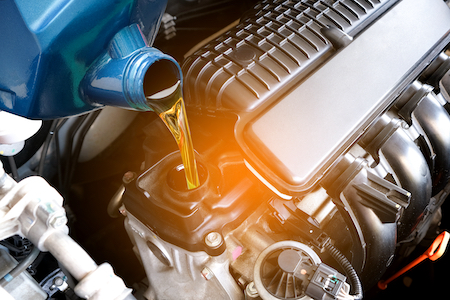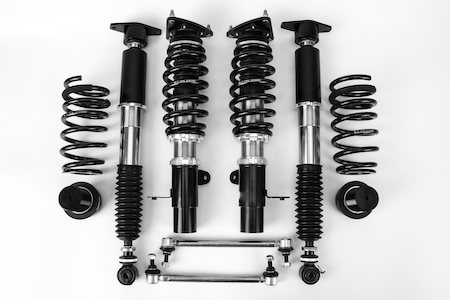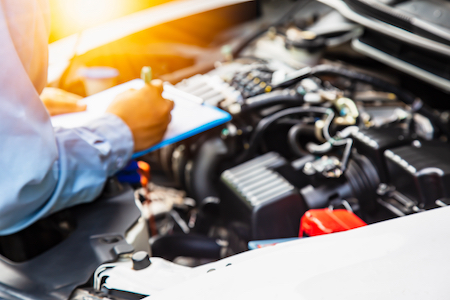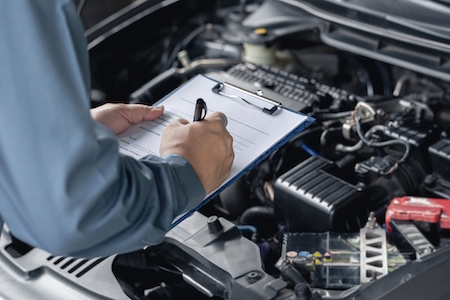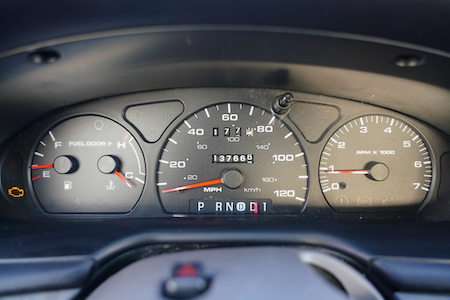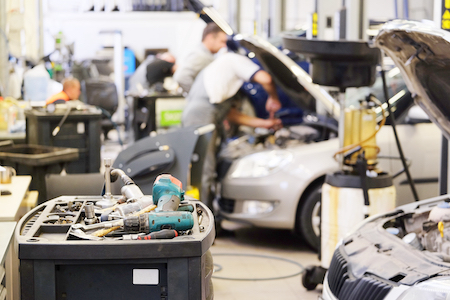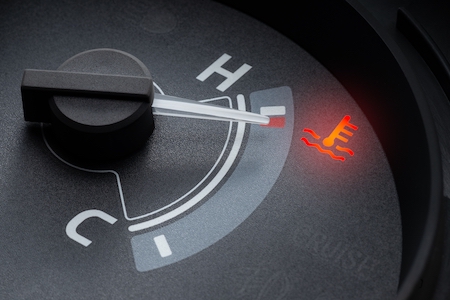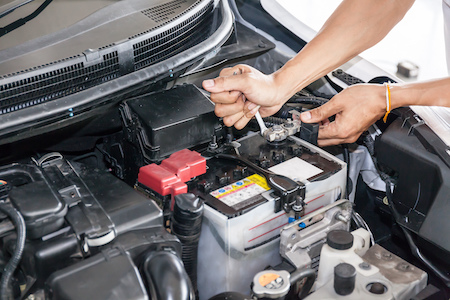It’s become an automatic part of car ownership. Occasionally, you’ll bring your car in for an oil change. They’ll ask you if you want an oil filter replacement too. You’ll drive away and let it slip from your mind for a few thousand miles until you start the process all over again.
But have you ever stopped to think about what an oil change does to your vehicle?
A car is made up of more than 10,000 parts, each intricately woven together to create complex systems that make your vehicle run. The engine is one of the most complex systems, with motor oil and an oil filter playing a leading role.
What is motor oil?
Motor oil is a lubricant that reduces friction and wear in internal combustion engines. It is designed to lubricate the moving parts of the engine, such as the pistons, rods, and crankshaft, and to clean, cool, and seal the engine. Motor oil is made from a base oil, which is typically refined from crude oil, and various additives that improve its performance.
There are several types of motor oil, including conventional, synthetic, and semi-synthetic lubricants.
Conventional motor oil is made from naturally occurring petroleum and is the most commonly used type of lubricant. It is suitable for most vehicles, but may not provide as much protection as synthetic or semi-synthetic oils.
Synthetic motor oil is made from artificially created base oils and is designed to provide better protection and performance than conventional oil. It is more expensive than conventional oil, but it can last longer and perform better in extreme temperatures.
Semi-synthetic oil is a blend of conventional and synthetic oils and offers a balance of performance and cost.
Motor oil has several vital functions in an engine. It reduces friction and wear by forming a thin film between moving parts, which helps to prevent metal-to-metal contact and reduces heat generation. It also helps to cool the engine by dissipating heat and carrying it away from the moving parts.
In addition, motor oil helps to seal the engine by filling in the gaps between the moving parts and preventing the escape of gasses.
There are several factors to consider when choosing the right motor oil for your vehicle, including the manufacturer’s recommendations, the type of engine, and the driving conditions. It is essential to use the correct motor oil to ensure the engine is properly lubricated and protected.
Motor oil should be changed regularly to maintain its effectiveness and to prevent the build-up of contaminants, which can lead to engine damage.
What is an oil filter?
An oil filter is a device used to remove contaminants from engine oil, transmission oil, lubricating oil, or hydraulic oil. It is an essential component of an engine or mechanical system that helps to keep the oil clean and free from contaminants, such as dirt, metal shavings, and other particles. These contaminants can cause wear and tear on the engine or mechanical system, reducing its overall efficiency and lifespan.
The oil filter is typically located near the oil pan, or at the bottom of the engine. It is generally made of a paper or synthetic material designed to trap and filter out contaminants from the oil as it passes through.
The filter works by allowing the oil to pass through a series of pores or openings that are small enough to trap contaminants, but large enough to allow the oil to flow freely.
There are several different types of oil filters, including full-flow filters, bypass filters, and cartridge filters. Full-flow filters are designed to filter all of the oil that flows through the engine, while bypass filters only filter a small portion of the oil at a time. Cartridge filters are a type of bypass filter that can be removed and replaced easily.
Oil filters need to be replaced regularly as part of routine engine or mechanical system maintenance. If the oil filter becomes clogged or damaged, it can cause problems with the engine or mechanical system, such as reduced performance or increased wear and tear.
It is important to use the correct type and size of oil filter for your specific engine or mechanical system to ensure it is functioning properly.
What an oil change does to your car
An oil change is a routine maintenance procedure involving replacing your car’s engine oil. It is crucial to perform regular oil changes because clean oil is essential for the proper functioning of your car’s engine.
During an oil change, a mechanic will first drain the old oil from the engine. This is typically done by using a large wrench to loosen the oil pan drain plug, which is located on the bottom of the engine. The old oil is then collected in a container and disposed of properly.
Next, the mechanic will remove the oil filter, a cylindrical component that removes contaminants and impurities from the oil as it circulates through the engine. The oil filter is typically located on the side of the engine and is removed using a special tool.
After removing the old oil and oil filter, the mechanic will install a new filter and pour in fresh oil. The oil’s type and viscosity will depend on your car’s specific make and model and the manufacturer’s recommendations.
Once the new oil has been added, the mechanic will start the engine and run it for a few minutes to allow the oil to circulate through the engine. They will then check the oil level using a dipstick, adding more oil if necessary. Finally, the mechanic will replace the oil filler cap and dispose of the old oil and oil filter properly.
Overall, an oil change is a simple but important maintenance procedure that helps to keep your car running smoothly. It helps to lubricate the moving parts of the engine, reducing friction and wear. It also helps remove impurities and contaminants that can build up over time, damaging the engine.
By performing regular oil changes, you can extend the lifespan of your car’s engine and improve its overall performance.
When was the last time you had an oil change and oil filter replacement?
One of the most important maintenance items is an oil change. If you have questions about car maintenance or aren’t sure when your oil was last changed, we’re here to help.
Motor oil is one of the most essential tasks; schedule your oil change today.

